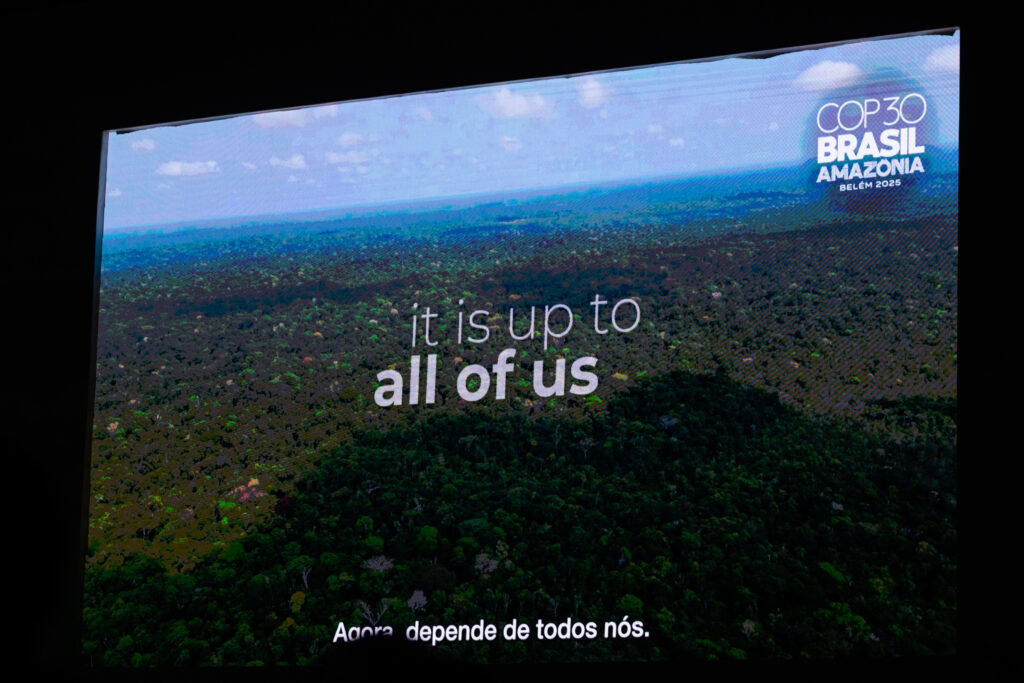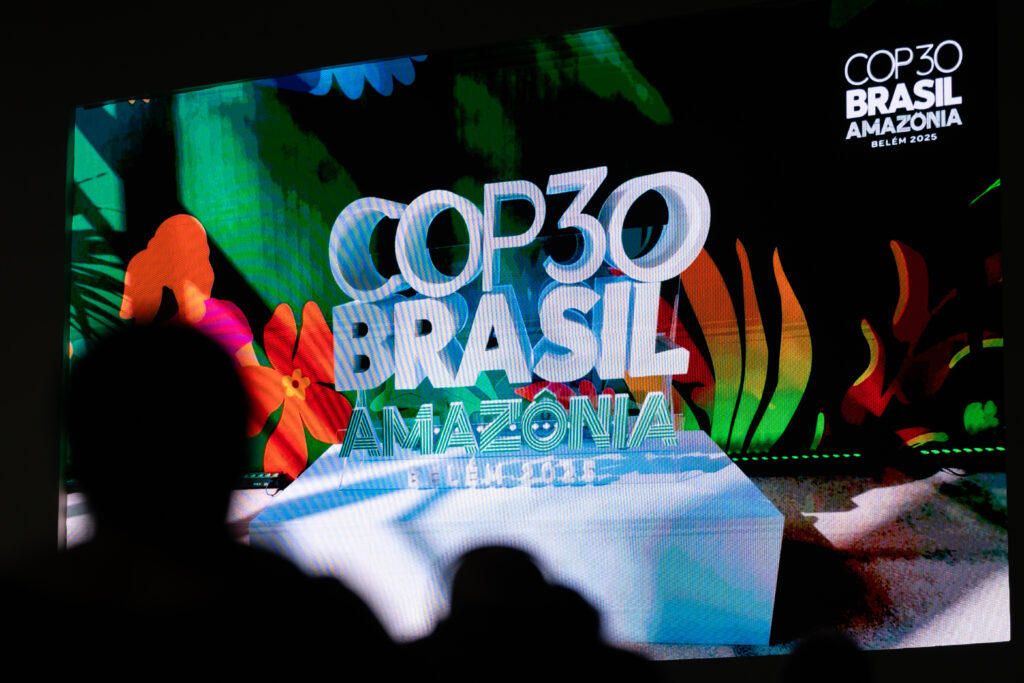By Jenifer Gilla
Belém, Brazil. As the 30th United Nations Climate Change Conference (COP30) gets underway in the Amazon city of Belém, African civil society groups have delivered a firm and united message to world leaders, calling for climate justice, equity, and solidarity for the world’s most vulnerable people.
In a joint statement issued on Monday, African Non-State Actors (NSAs) representing more than 10,000 voices from civil society, youth, women, academia, faith-based organisations, and frontline communities said it was time for countries to turn climate promises into action.
“Africa’s message to COP30 is clear. We do not seek sympathy; we demand solidarity. We are not victims of the crisis, we are co-authors of the solution,” the statement read.
Tanzania and East Africa on the frontline
Civil society leaders say the realities facing African communities show why the continent’s priorities at COP30 cannot be ignored.
“Adaptation is not a choice for us its survival,” said Sarah Pima, Executive Director of HUDEFO, one of the Tanzanian organisations attending the talks in Belém.
“Our message is simple: finance and justice must flow to the people on the ground who are feeling the pain of this crisis,” she added.
Pima noted that countries such as Tanzania are already suffering from the impacts of climate change including prolonged droughts and coastal erosion particularly in regions like Dodoma, Bagamoyo, and Singida.
“These are not distant problems; they are daily realities affecting livelihoods and food security,” she said.
The African coalition reaffirmed that climate justice and equity must guide all decisions at COP30, stressing that the continent’s right to development and poverty eradication should not be sacrificed for global targets set elsewhere.
African NSAs are calling for adaptation finance to be tripled by 2030, and for funds to be provided as grants, not loans. They also emphasised the need to prioritise locally led initiatives, especially those led by women and youth.

“Without financing, adaptation indicators are empty promises. Loans are not climate finance they are climate debt,” the statement warned.
The coalition urged wealthy nations to deliver on the Baku–Belém Roadmap, which calls for $1.3 trillion in annual climate finance by 2035, including $300 billion each year dedicated to adaptation and loss and damage.
They further insisted that climate finance is a right, not charity, and warned against solutions that push developing nations into deeper debt.
Loss and Damage fund and clean energy push
After years of delay, African groups demanded the full operationalisation of the Loss and Damage Fund, ensuring that the money reaches frontline communities through direct and grant-based support.
“Voluntary pledges equate justice to charity. True reparations must reach the people whose homes, crops, and futures are being destroyed,” the statement said.
With 630 million Africans still lacking access to electricity, the group called for clean and affordable energy to be treated as a key climate goal. They urged governments and investors to expand Africa’s renewable energy capacity by 300 gigawatts and connect 300 million people by 2030 under the Mission 300 initiative.
The statement also highlighted that gender justice and green jobs must be central to a fair energy transition.
“Women and girls, who carry the heaviest burdens of the climate crisis, must have access to leadership and funding,” the statement said, adding that young Africans should be supported with training and opportunities in renewable energy, climate-smart agriculture, and nature restoration.
A Call for justice over convenience
As the world’s eyes turn to the Amazon, African civil society hopes that COP30 will be remembered as the summit that placed justice and people at the centre of global climate action.
“Let COP30 in Belém mark the moment when the world chose fairness over delay, partnership over pity, and justice over convenience,” the statement concluded.


